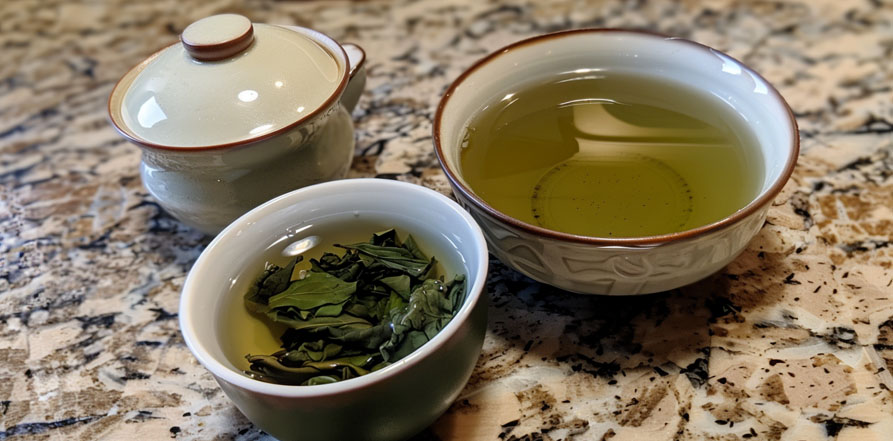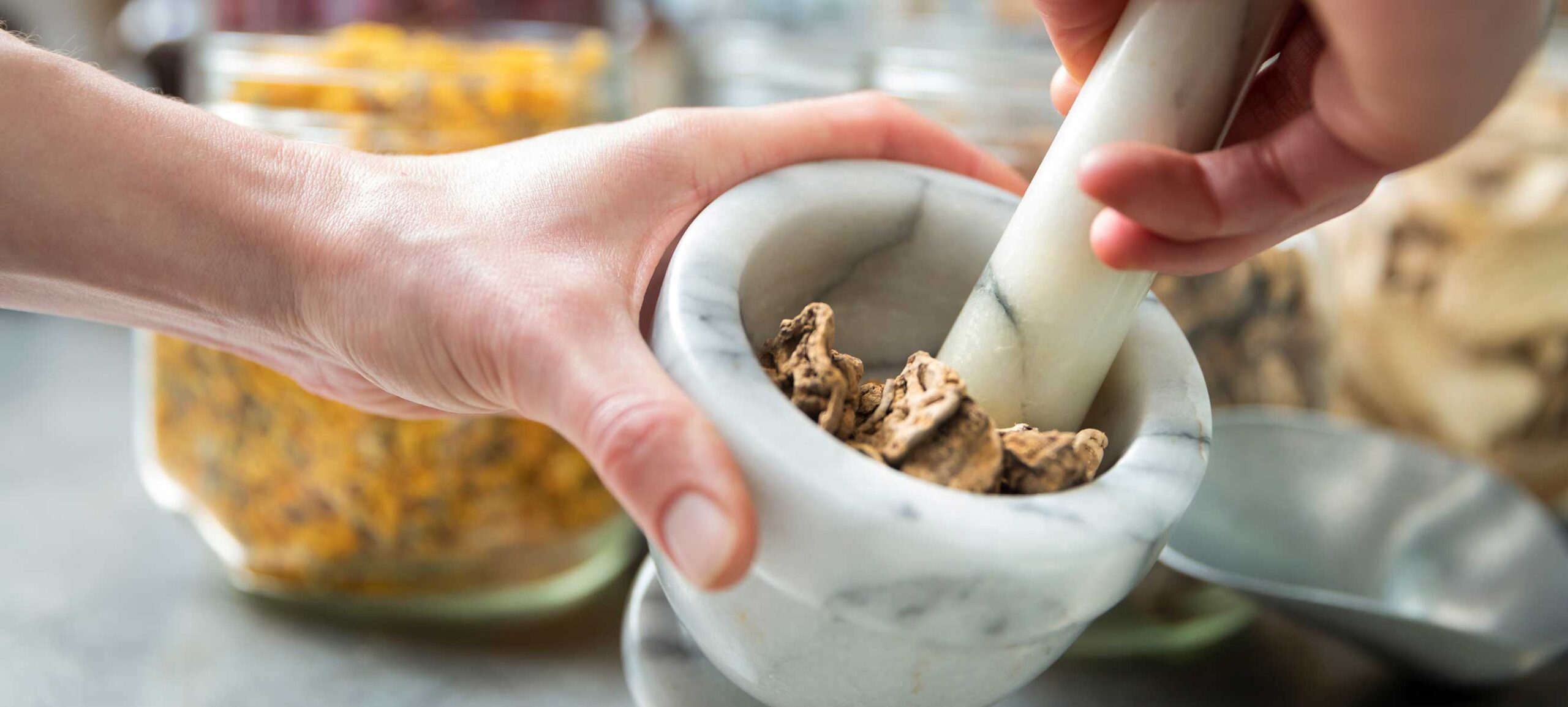In last week’s post, I talked about the toxicity of commercial sunscreens, and why they are bad for your health. I also mentioned that the sun is not the primary cause of skin aging and skin cancer, and promised to share my conclusions with you this week.
Despite the enormously bad press the sun has received in the past few decades, all skin damage is not the fault of the sun. The root cause of skin aging (including wrinkling, hyperpigmentation, and loss of collagen) as well as skin cancer is oxidative damage caused by reactive oxygen species (ROS). While the sun is one of the factors that create ROS, there are many other culprits, including external factors (air pollution and chemical exposure) and internal factors (poor diet, emotional stress, lack of sleep, and the natural aging process). ROS are believed to trigger skin cancer and photosensitivity diseases by activating proliferative and cell survival signaling that can alter apoptotic pathways (the self-destruction of abnormal cells).
Continue reading “The Dangers of Commercial Sunscreens, Part 2”






